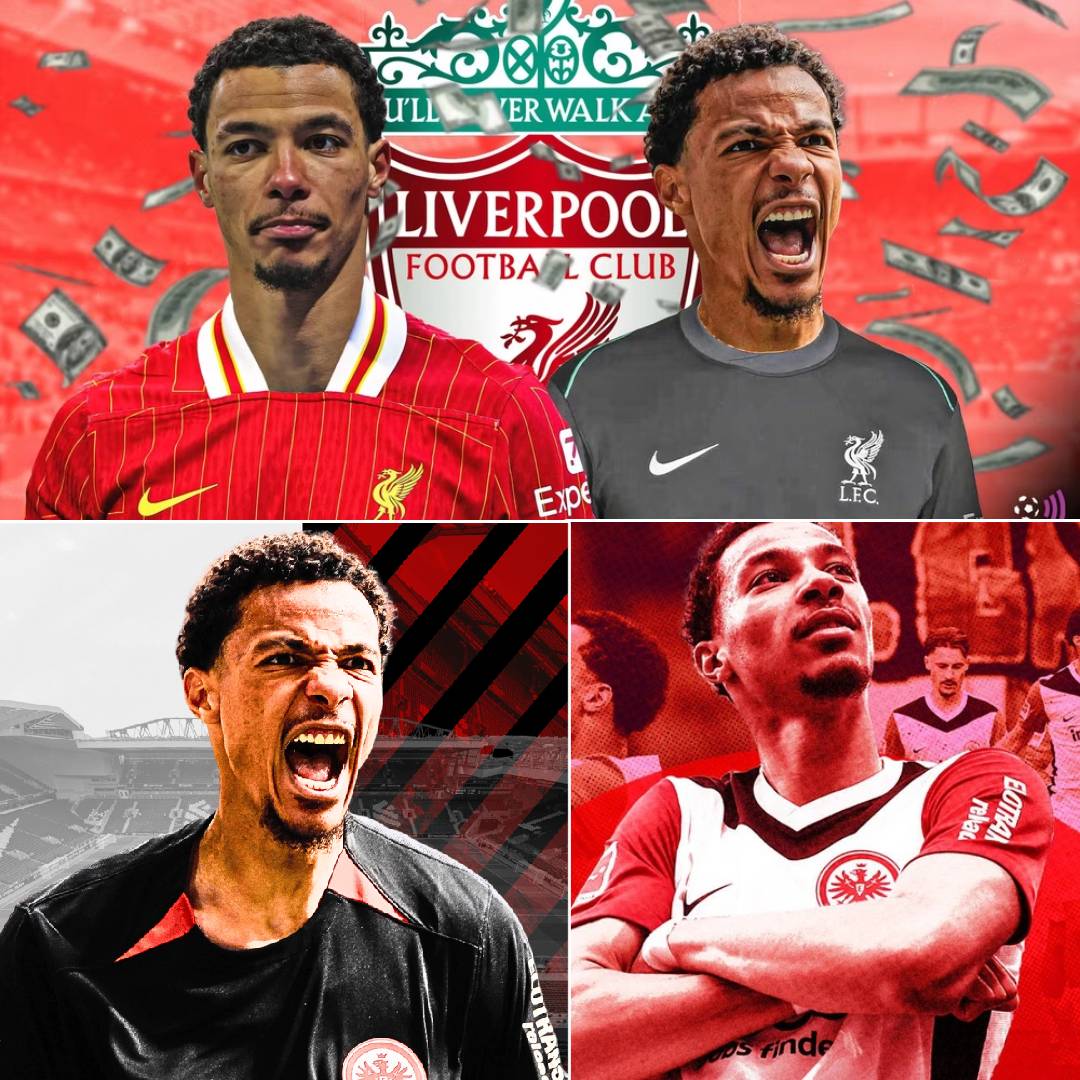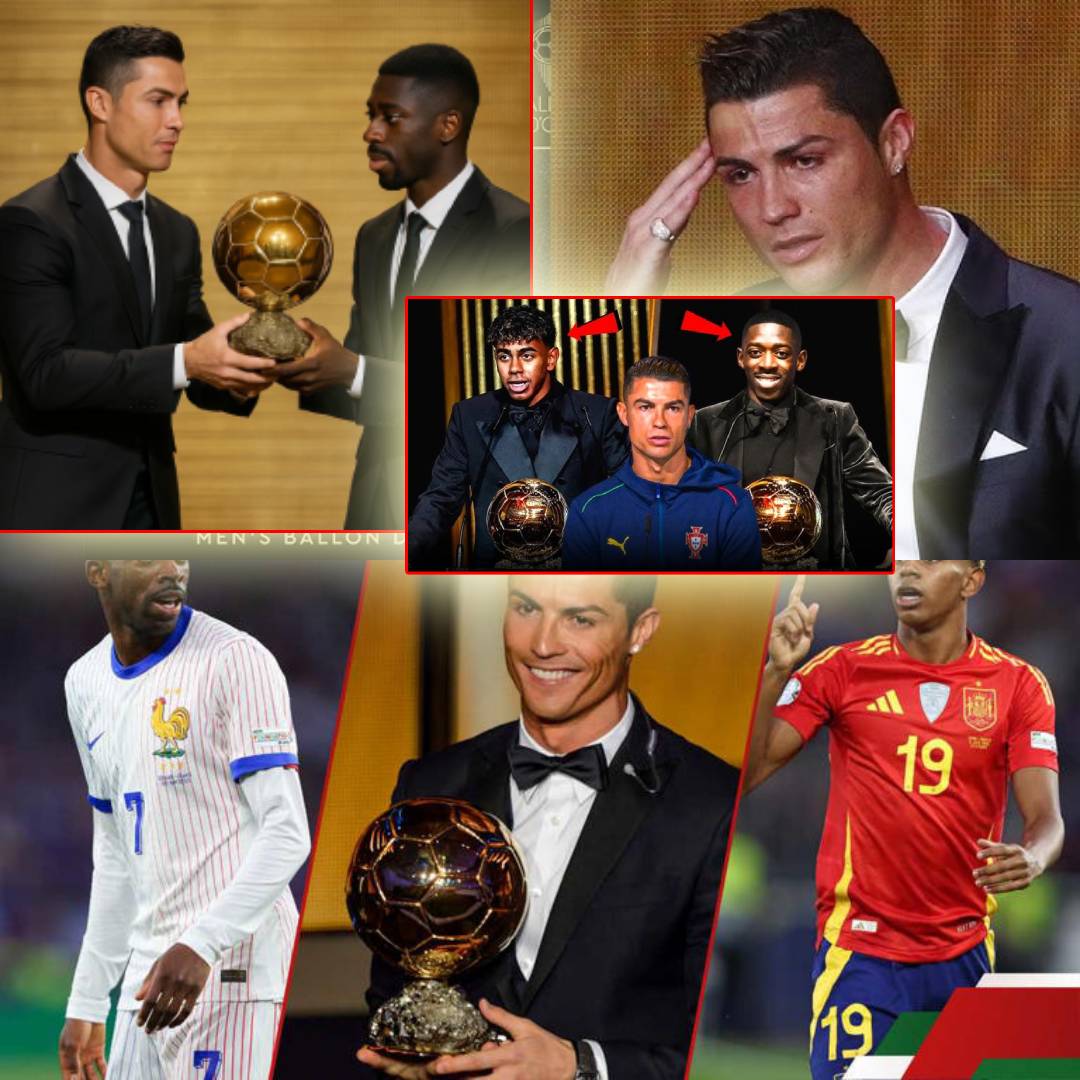After yet another record-breaking Grand Prix weekend, Formula 1 champion Max Verstappen and his partner Kelly Piquet returned home—not to luxury yachts, designer gifts, or champagne celebrations—but to the echoes of 𝘤𝘩𝘪𝘭𝘥ren’s laughter in dusty village kitchens, where a simple bowl of porridge is a reason to hope.
On a recent visit to humanitarian projects in sub-Saharan Africa, the couple encountered the stark contrast between global fame and basic survival. What moved them most wasn’t the hardship—it was the resilience. Children, some no older than toddlers, queued patiently with empty bowls and wide eyes, waiting for a meal that might be their only one that day.

“I’ll never forget their faces,” Kelly shared, recalling an afternoon spent in a modest community kitchen. “When they took that first bite of warm porridge, they smiled like they’d just been given the world. It reminded me what really matters.” Max nodded, his own 𝘤𝘩𝘪𝘭𝘥hood flashing in his mind—not marked by material wealth, but by belief, support, and dreams. “I know I can’t reach every 𝘤𝘩𝘪𝘭𝘥,” he admitted, “but I can make sure these communities don’t go unseen.”
Back in Monaco, the couple turned their emotions into action. Max dedicated a portion of his race winnings to launch a humanitarian fund, while Kelly mobilized her platform to advocate for clean water access and emergency food relief. Their initiative quickly gained momentum—with fellow F1 drivers and paddock friends joining the cause, transforming a personal promise into a growing global mission.
Now, every time Max climbs the podium, he carries more than a trophy. He carries stories, faces, and a responsibility that extends far beyond the racetrack.
In choosing compassion over comfort, Verstappen and Piquet offer a powerful reminder: true greatness isn’t measured by speed or silverware—but by the lives we touch, the hope we share, and the change we choose to create.

